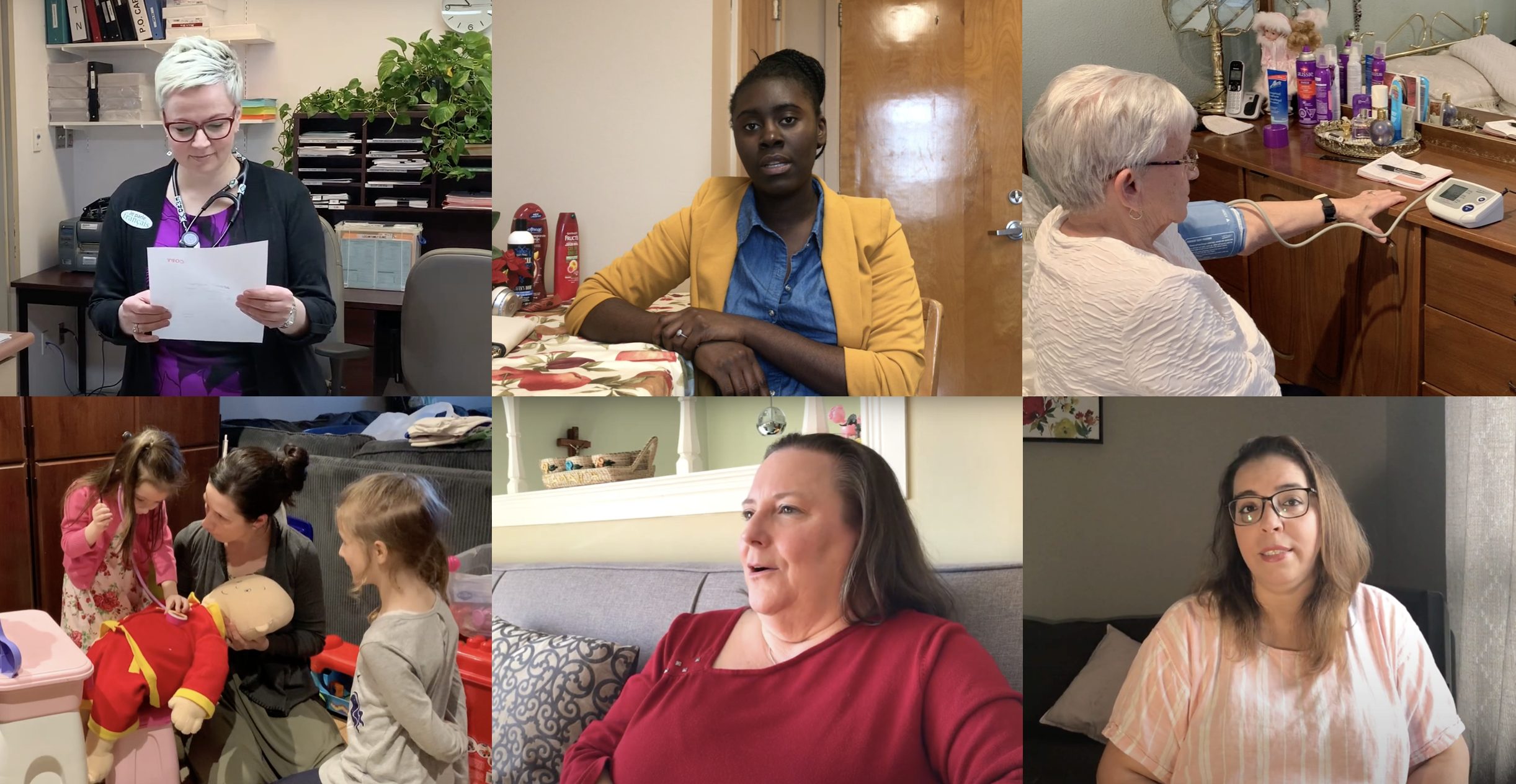Final Report – Improving the Francophone Experience in Healthcare

In 2018, the Réseau du mieux-être francophone du Nord de l’Ontario (Réseau) received funding for a project on Francophone experience and more specifically, on improving their experience with health care services in Northern Ontario.
In the context of the project, we collected experiences from Francophone patients in order to validate the needs that have often been identified by Francophones regarding access and equity of French language health services. This data has allowed us to create resources to better equip health service providers to provide culturally competent care.
This document consists of a summary of the results of the meetings and discussions with Francophones from different regions of Northern Ontario as well as solutions, tools and resources to support health service providers in improving the active offer of health services in French.
We would like to thank the health service providers and Francophones who volunteered to participate in this project. We would like to acknowledge the collaboration and support of Health Ontario North in carrying out this project, as well as the financial support of Health Canada, as part of the Roadmap for Official Languages.
Approach
The project Improving the Francophone Experience in Health Care adopted an experience-based design approach that was popularized by the NHS (formerly National Health System), the United Kingdom’s world-famous health care provider. This approach consists of using people’s experiences to discover new perspectives in order to design better health care services that are genuinely person-centered. The approach involves four steps:
| Steps | Purpose of tools used | |
| 1 | Capture the experience | Help people tell their stories |
| 2 | Understand the experience | Understand the experience of individuals and health professionals |
| 3 | Improve the experience | Convert experience into practical action |
| 4 | Measure the improvement of the experience | Assess and measure improvement |
The objective of the experience-based design approach is to propose solutions to improve the experience of individuals and caregivers on the basis of their stories as they are the ones using the health care system.
Overview of the Literature
Prior to starting our data collection of Francophone experiences, we conducted a brief overview of studies and existing tools related to the experience of Francophones and Francophone immigrants with French language health services. Here are a few examples we found of particular interest and supported the results of our project:
- Bowen, Sarah. The Impact of Language Barriers on Patient Safety and Quality of Care. (2015) Société Santé en français.
- Consortium national de formation en santé – Volet Université d’Ottawa. Les compétences culturelles: un incontournable pour assurer des soins de qualité (2017). Formation continue en santé, L’art de superviser des stagiaires – formation avancée (in French only)
- Hien, Amélie et Jean Lafontant. Iniquités de santé en milieu minoritaire: diagnostic de la situation chez les immigrants francophones de Sudbury (2013). Revue canadienne de santé publique, volume 104, numéro 6, supplément 1 (in French only)
- Jutras, Chloé. Linguistic Concordance and Discordance: Understanding the Francophone Patient Experience during a visit to their Family Physician’s Office in Northern Ontario (2017). Research in FOCUS on Research
- NHS. EBCD: Experience-based co-design toolkit. Coventry House, University of Warwick Campus. (en anglais seulement)
- NHS. The ebd approach: Guide and Tools. (2009) Coventry House, University of Warwick Campus. (en anglais seulement)
Tool used
We adapted a one-page NHS questionnaire that we translated and tailored for individuals and caregivers surveyed in the project. Through the use of a bilingual questionnaire, participants were asked to identify service access points encountered when receiving health care service, the emotions they experienced at each of these key moments and the reason underlying these emotions. Emoticons were placed alongside the proposed emotions to facilitate the selection of one or more emotions.
